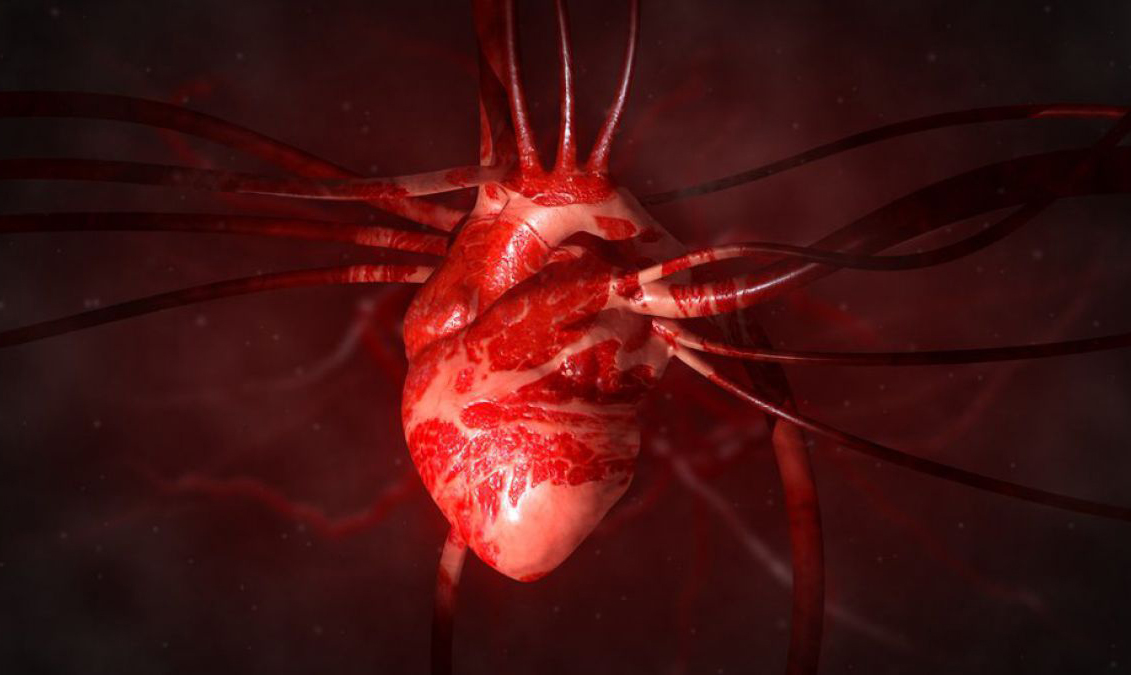[et_pb_section bb_built=”1″][et_pb_row][et_pb_column type=”4_4″][et_pb_text _builder_version=”3.13.1″]
The Ebstein anomaly is a rare heart defect present at birth (congenital).
In the case of the Ebstein anomaly, the tricuspid valve, the valve between the two cardiac cavities on the right side (right atrium and right ventricle) does not work properly.
If a baseline problem such as congenital heart disease is suspected, or if you have other signs and symptoms that might suggest an Ebstein anomaly, you may be able to recommend several tests, including: Echocardiogram, Electrocardiogram (ECG), Chest x-ray, Cardiac magnetic resonance, Holter Monitor Pulse Oximetry, Stress Test, Electrophysiology Study and Cardiac Catheterization.
The treatment of Ebstein’s anomaly depends on the severity of the defect, and on the signs and symptoms experienced. The goal of treatment is to reduce symptoms and prevent further complications, such as heart failure and arrhythmias. Treatments may include: Regular monitoring, Medications, Surgery. If you have a severe Ebstein anomaly and your heart is not functioning properly, you may need a heart transplant.
Learn more about your health and well-being at Pharmamedic.
[/et_pb_text][/et_pb_column][/et_pb_row][/et_pb_section]






